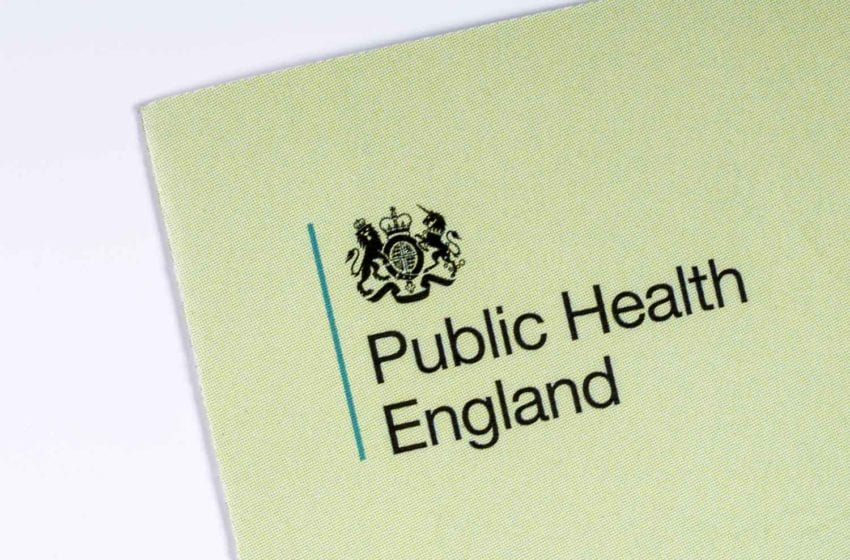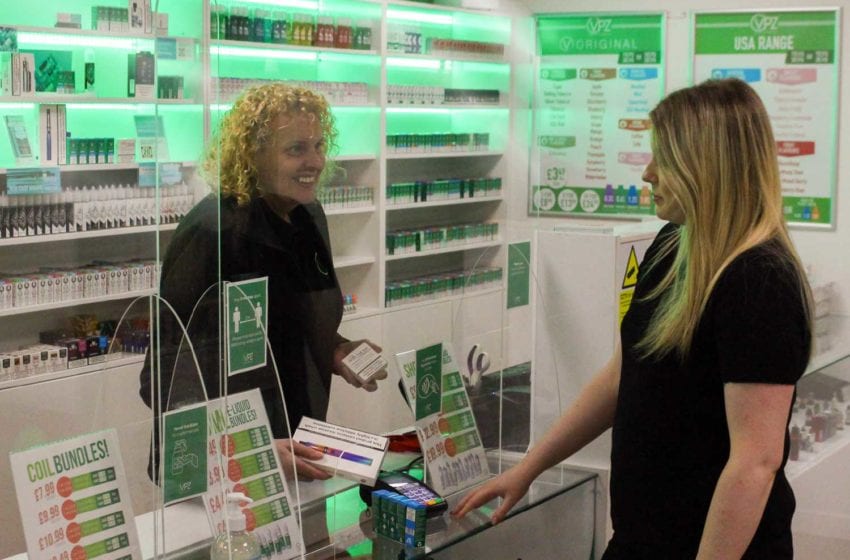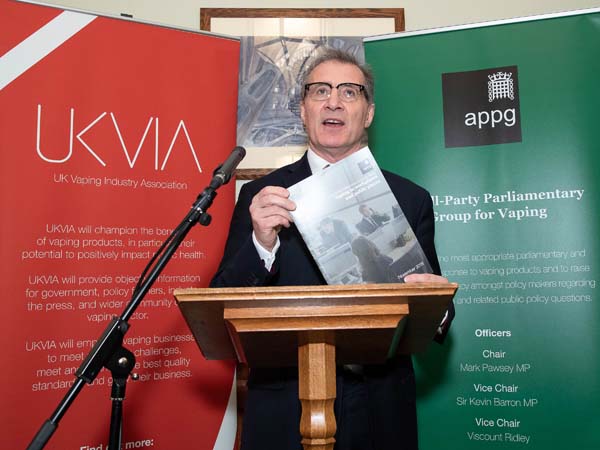The WHO may as well be saying the earth is flat, according to one critic. Read More
Tags :UKVIA
'The latest report is a defining moment for vaping's contribution to public health.'Read More
Britain’s EU departure provides an opportunity seize the health potential of vaping, says UKVIA. Read More
The trade body asks the U.K. to exempt vape shops from its Covid-19 lockdown. Read More
The report also looks at 2021, particularly the opportunity to shape regulations after Brexit.Read More
Vape retailers do not just provide the tools for harm-reduction, but also expertise.Read More
Industry group stresses the role of the sector in terms of health and the economy.Read More
The UKVIA warns against the economic impact and the risk of ex-smoker relapsing.Read More
The new role has been established to support future planned growth of the UKVIA. Read More
A new study adds to evidence supporting vaping’s role in smoking cessation. Read More








